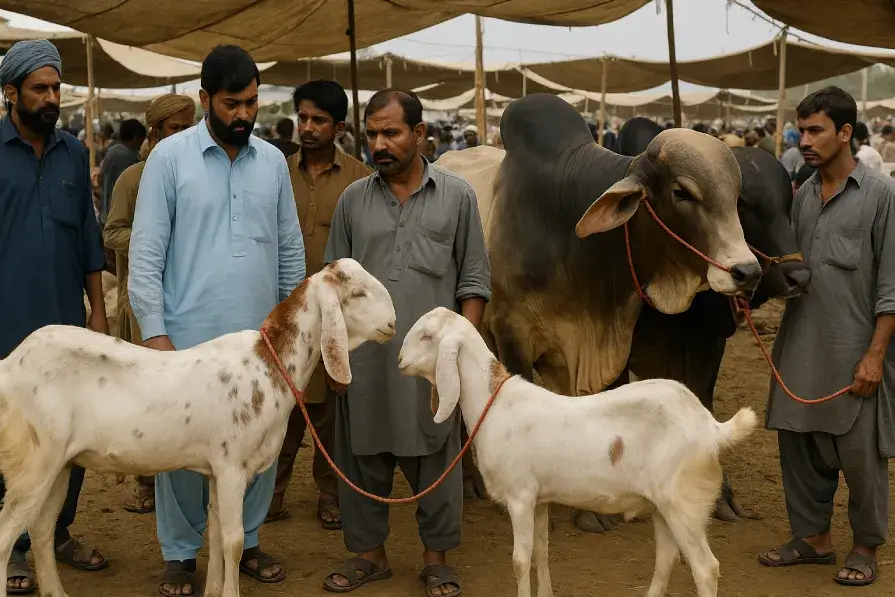Tensions Flare Over Arunachal Renaming

In a new case of tension between India and China, Beijing has used a different name for 27 places along the Arunachal Pradesh border. By renaming those places in Arunachal Pradesh, China is using its strategy to claim parts of land India considers its own territory.
By renaming the places, China has brought up more tension and strained the relationship between India and China even further..
China’s Justification: An “Internal Matter”
The Chinese Foreign Ministry says renaming places in Zangnan is standard in their administrative duties. Following Chinese claims, Beijing says assigning new Chinese names is about confirming their governance, a shared past, and independence of the region.
Officials insist the move is not a political show but a simple example of China’s administrative process. They say this rename reflects China’s aim to hold onto the region through changes on maps and in place names.
India’s Reaction: A Firm Rejection
The Indian Ministry of External Affairs has repeatedly denied the new names China has given to communities in Arunachal Pradesh. The Indian Ministry of External Affairs again told China that the state is inseparable from India and that changing names does not matter.
India has earlier and repeatedly said that changing names is “arbitrary, meaningless, and unlawful.” The Indian government said the area is Indian by nature, under its laws, and visibly represented in India’s political body.
Political and Strategic Implications
This is not only about semantics; it is also a strategy Beijing uses to make its claims seem normal in the region. Beijing gives Chinese names to Arunachal Pradesh in an attempt to make its claims seem normal. Often, this is called “map warfare,” where countries change maps and speak publicly to claim more land as their own.
The move is viewed by India as a way to normalize China’s role in Arunachal Pradesh. That’s why India views the act as an attempt to challenge its borders and make China’s actions here seem normal.
The Role of Zangnan in China’s Strategy
The Chinese say that “Zangnan” refers to southern Tibet, even though Arunachal Pradesh belongs to India in its eyes. China is using renaming to reinforce its continued claim over 90,000 square kilometers of territories run by India.
This is China’s third attempt to use renaming to:
• Send a message to the world and its own people
• Send out a message meant for both the world and China’s own people
Through this, China hopes to show India that it still questions the country’s administration over the disputed region
This is the third time China has done this. Previously, six places in Arunachal Pradesh were given new Chinese titles in 2017; this year, China followed suit by renaming 15 more territories in the area.
Border Dispute: A Long-Running Standoff
It was in the 1962 war that India and China fought over the McMahon Line, which separated Indian Arunachal Pradesh from Chinese Tibet. The McMahon Line is recognized by India, but China rejects it, saying portions of Arunachal are southern Tibet.
There have been frequent border disputes lately, mainly because of the 2020 clash in Galwan Valley that resulted in soldiers being killed. Lots of military and diplomatic conversations have happened without a final agreement on the issue.
The Use of Soft Power and Identity Assertion
Renaming places is a strategy China uses with its soft power efforts. Unlike conflict with weapons, China’s strategy for rebranding areas uses maps, the news, and different names to alter international understanding.
China is trying to bring Arunachal Pradesh under its “soft power” identity. The use of Chinese language names is China’s way of introducing its cultural and political identity to regions now under Indian rule.
Solving issues triggered by identity is very hard because they are not just about physical resources; they also concern history, culture, and nationalism.
International Response and Regional Concerns
The U.S. and other supporting countries have agreed with India’s criticism of the move. The U.S. had earlier said that Arunachal Pradesh belongs to India, and it opposes any effort to alter its status without India’s approval.
The global powers supporting India are showing a closer relationship with it, especially in the Indo-Pacific area, where stopping China’s expansion is now shared.
People in the region are concerned about rising tensions, because they may disrupt the stability in South Asia as well as trade, diplomacy, and security.
What Lies Ahead?
Removing one name from Arunachal Pradesh is unlikely to affect borders, but it might make both countries’ trust in each other smaller. Because both nations are building up along the LAC, there could be more clashes later.
It is important for both nations to engage, confirm their past promises, and try to reach harmony. Doing things independently, such as this, usually makes ensuring peace more challenging and eventually harms trust.
Conclusion: Words Matter in Geopolitics
Reshaping the region’s politics was China’s main reason for renaming 27 locations in Arunachal Pradesh. Still, by changing the names of these 27 locations, China is signaling that it may shape the region’s politics.
This region has learned that names and maps can have strong political meaning, and words can even be used as weapons.









